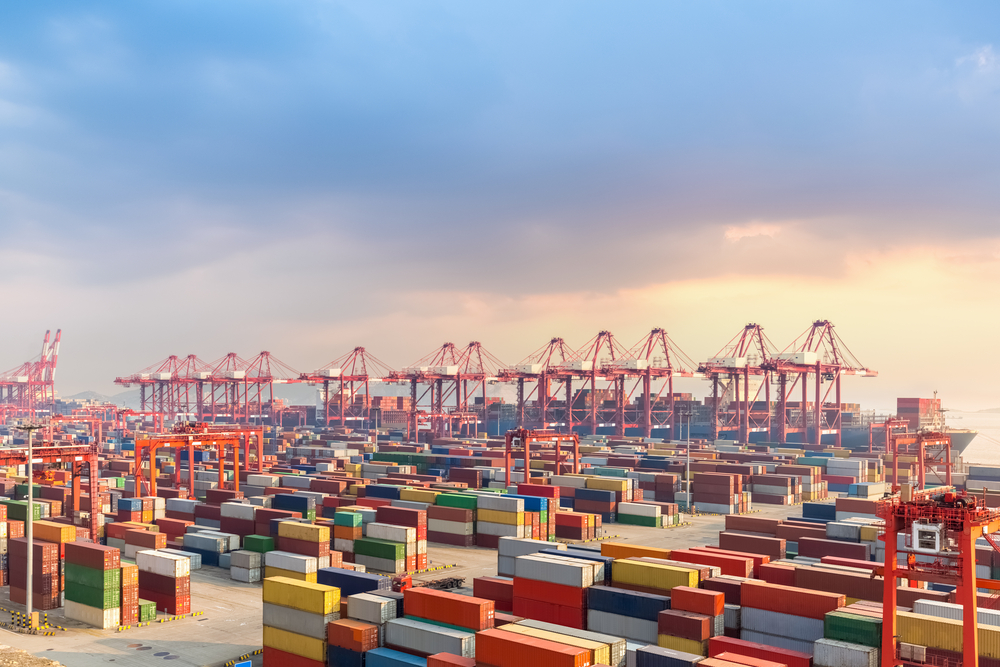Shippers are importing goods now to avoid rising tariffs in the future. For businesses looking to control costs, finding an experienced logistics provider is a must.
As tensions rise between the United States and China over mounting trade disputes, shippers are taking action now before import barriers between the two countries escalate. Indeed, a new report from Port Tracker shows that imports are surging as businesses move their stock now to avoid potentially higher tariffs in the future.
For shippers from any industry, this kind of strategic planning is essential if you hope to stay competitive. While you don’t have control over how leadership in the United States and China handles these disputes, it is possible to make the common-sense business decisions necessary to mitigate rising costs.
Surging Imports
According to the Port Tracker report, retail container ports in the U.S. handled 1.9 million TEU (twenty-foot equivalent units) in July, a 2.8% increase compared with June and a 5.6% annual increase overall. Research predicts that August will see a record 1.92 million TEU, which would represent a 4.8% annual increase and set a new record for the third month in a row.
The report also indicates that September will hit 1.83 million TEU, October will hit 1.88 million TEU, and November and December will hit 1.79 million TEU. For each month, this represents annual gains ranging from 1.7% to 5%.
Despite trade tensions between the United States and China, Port Tracker reported that these record-setting statistics come at the same time as impressive retail sales numbers, which saw a 4.9% annual increase for July.
Pulling Forward
With the economic relationship between the Trump Administration and Xi Jinping’s government unpredictable at best, shippers are preparing now for the possibility of long-term trade disputes. This surge in imports is in large part thanks to businesses “pulling forward” — that is, accelerating their import schedule so that they can move as many goods into their warehouses before tariffs rise.
By doing so, shippers can ride out economic tensions with a stockpile of inventory at the ready. In the event that the current trade disputes become a drawn-out fixture of American-Chinese relations, stocked warehouses stateside will give businesses the chance to protect their bottom line while they update their supply chain accordingly.
Building Partnerships
Pulling imports forward may be a wise step for shippers across a range of industries, but that doesn’t mean it’s not a challenge in and of itself. From navigating customs processes to preparing for at-capacity warehouses, avoiding rising tariffs in the future calls for doing the legwork now.
While this sort of strategic planning may be possible for larger operations, it can be difficult for small and mid-sized outfits. Whether you lack the experience dealing with high-volume international trade or your current warehouse solution doesn’t have the capacity you need, it helps to have experienced logistics professionals at the ready. By partnering with a third-party logistics (3PL) partner or integrated logistics services provider (ISP), you can draw on industry expertise to get the job done right.
With more than two decades of experience in international shipping and logistics, Primary Freight has the resources shippers need to compete. Between our award-winning team of supply chain experts, top-of-the-line warehouses, and cutting-edge software, we can help your business succeed in today’s volatile shipping market. If you’re curious how 3PL or ISP support can assist your business, reach out to Primary Freight today.
Want to learn more about how you can grow your business with Primary Freight? Give us a call today at (800) 635-0013!
